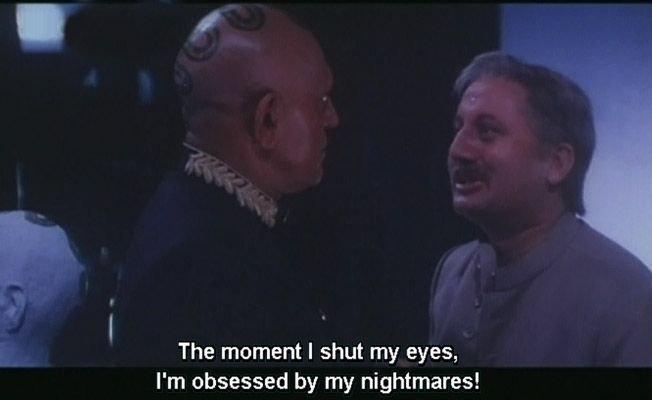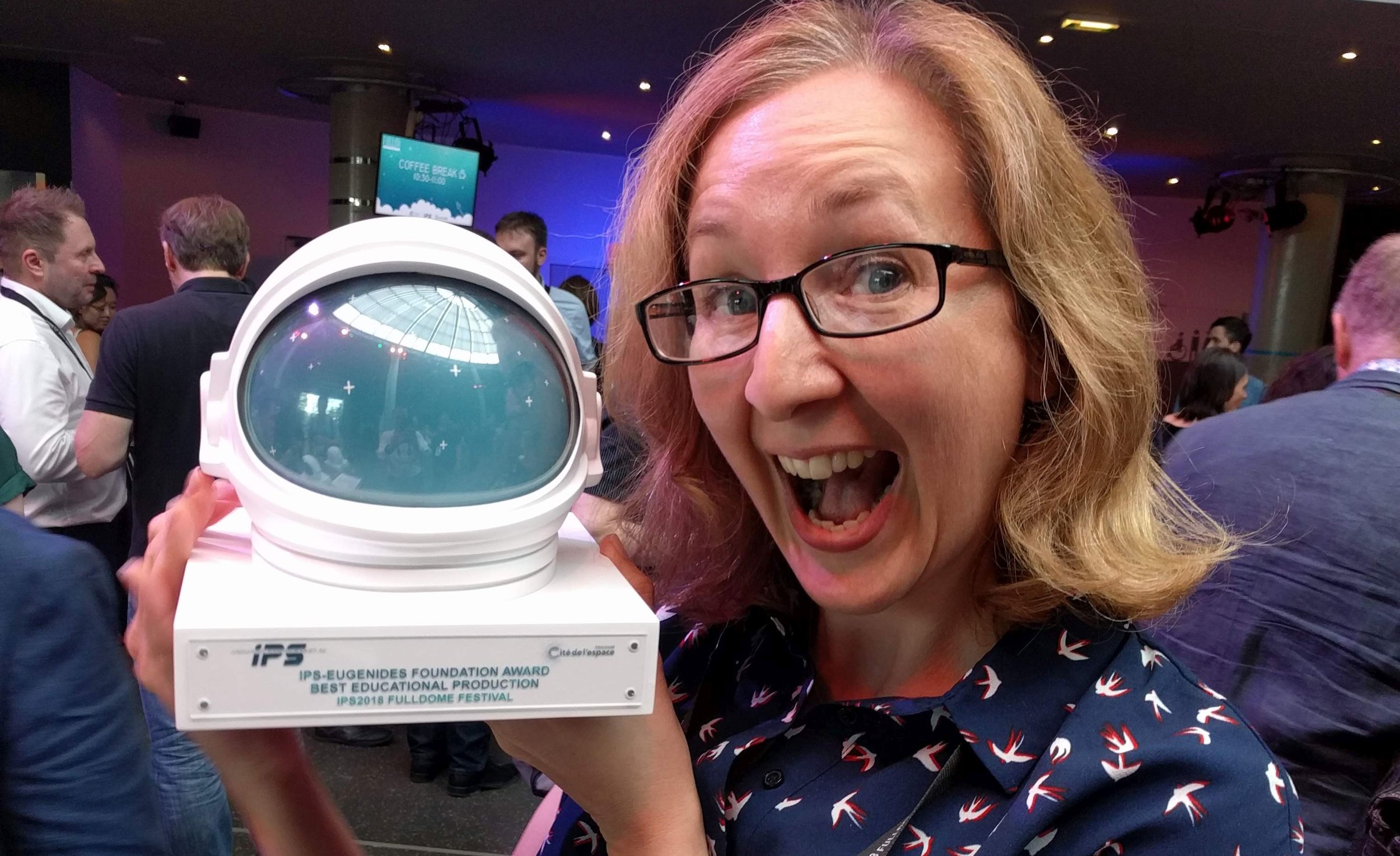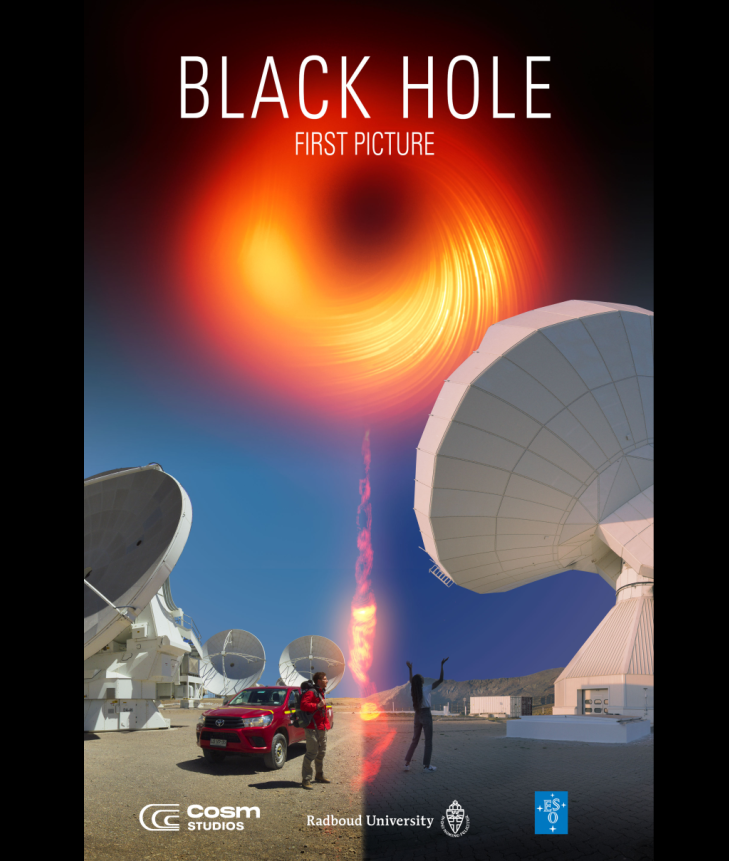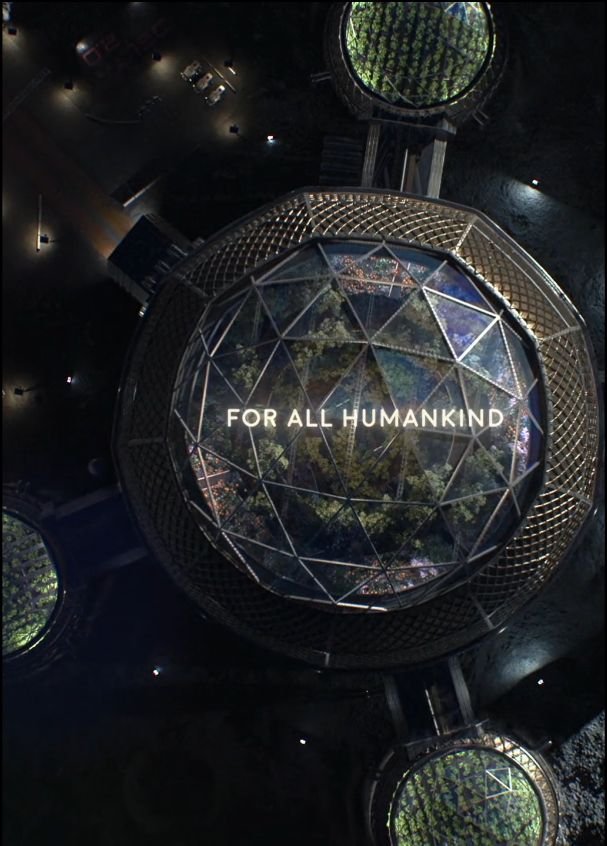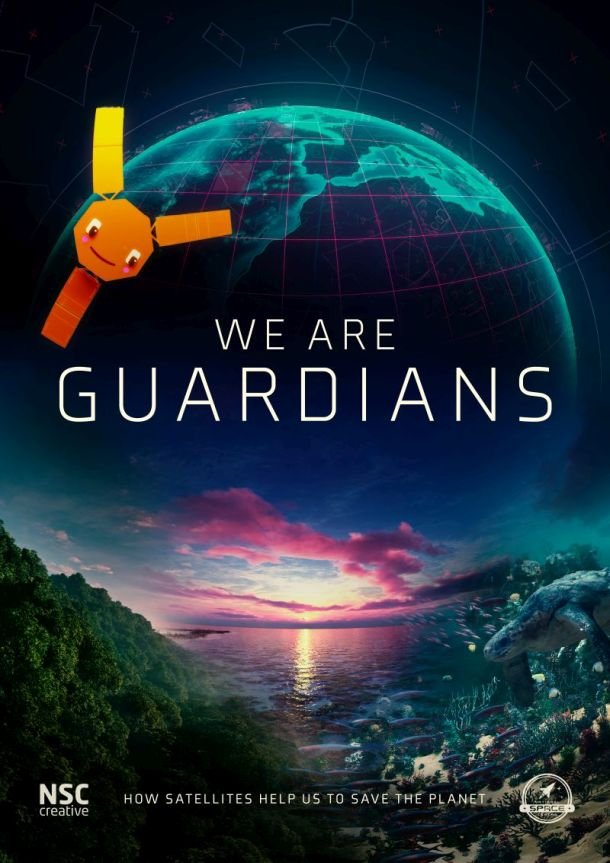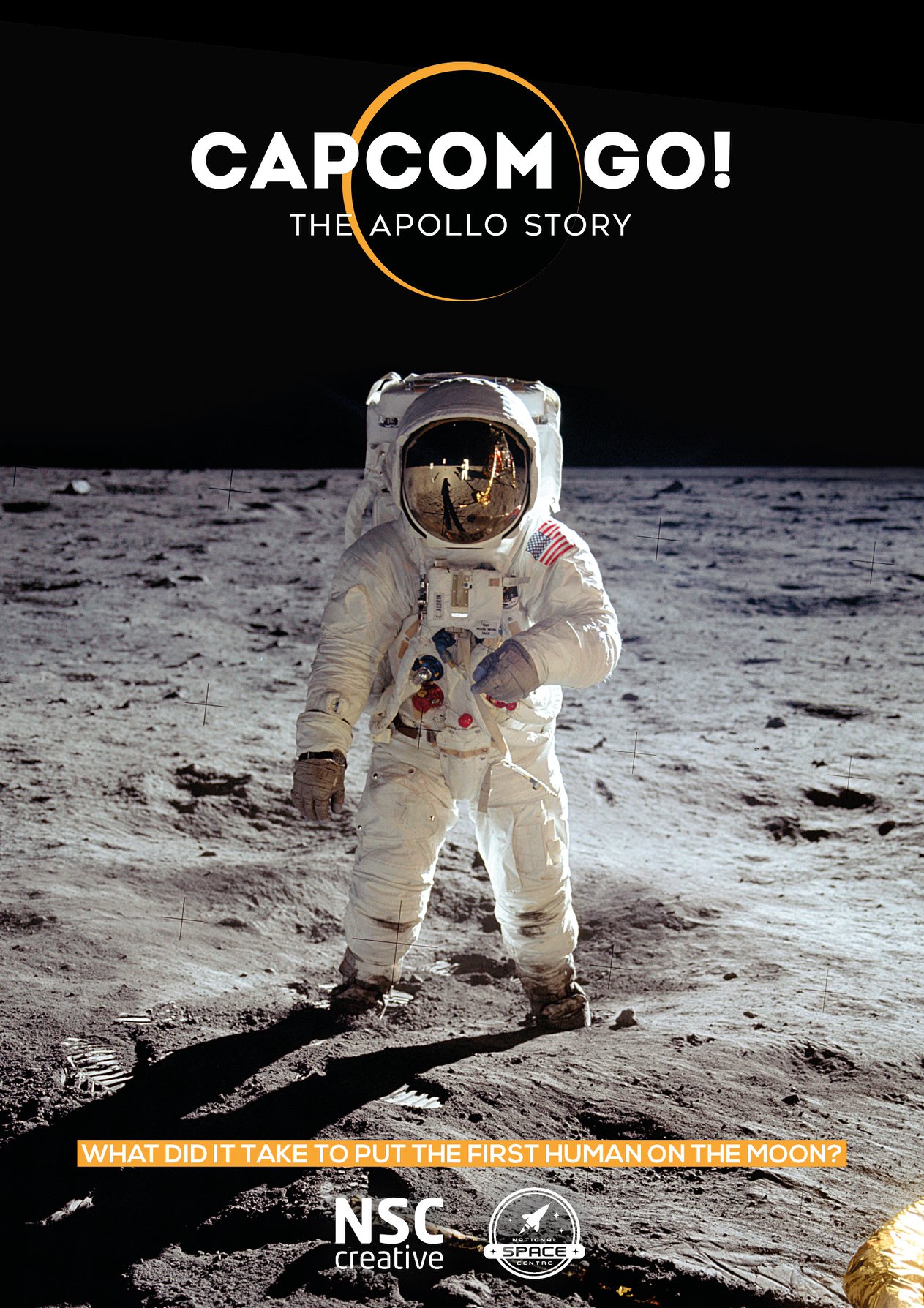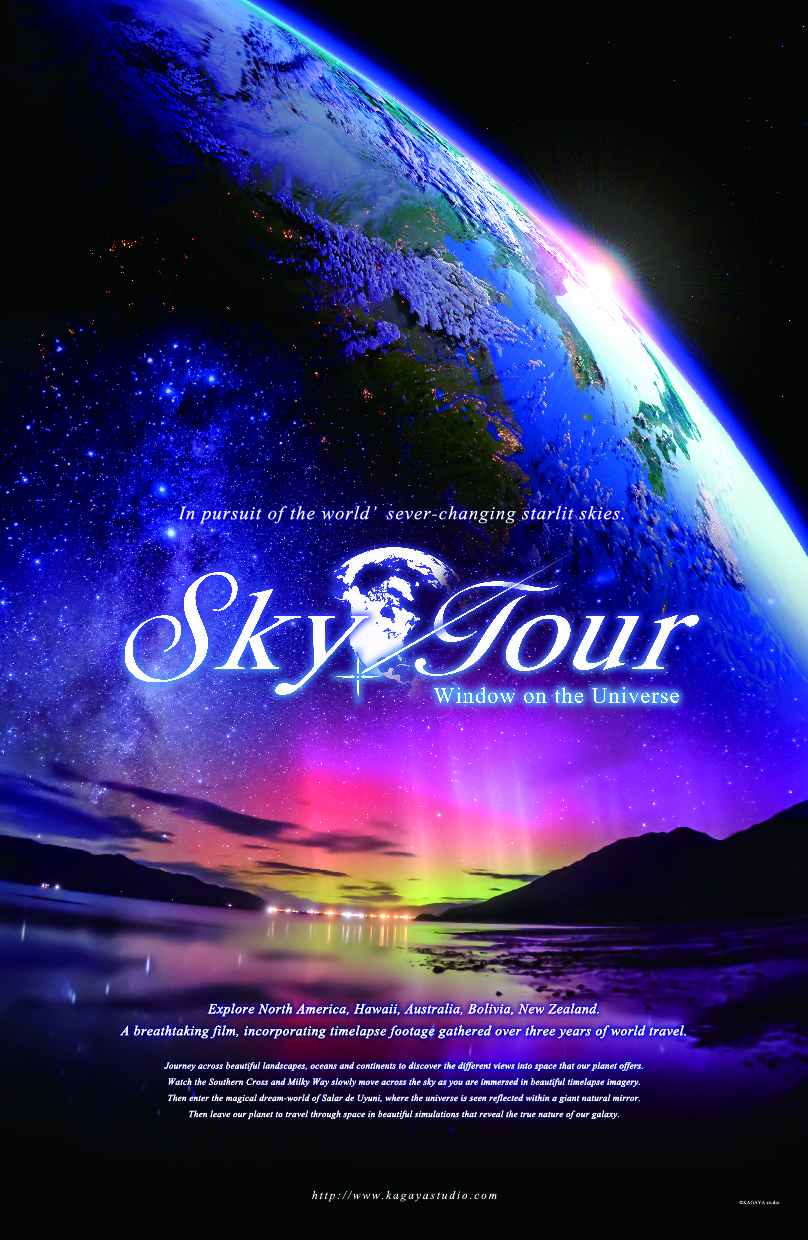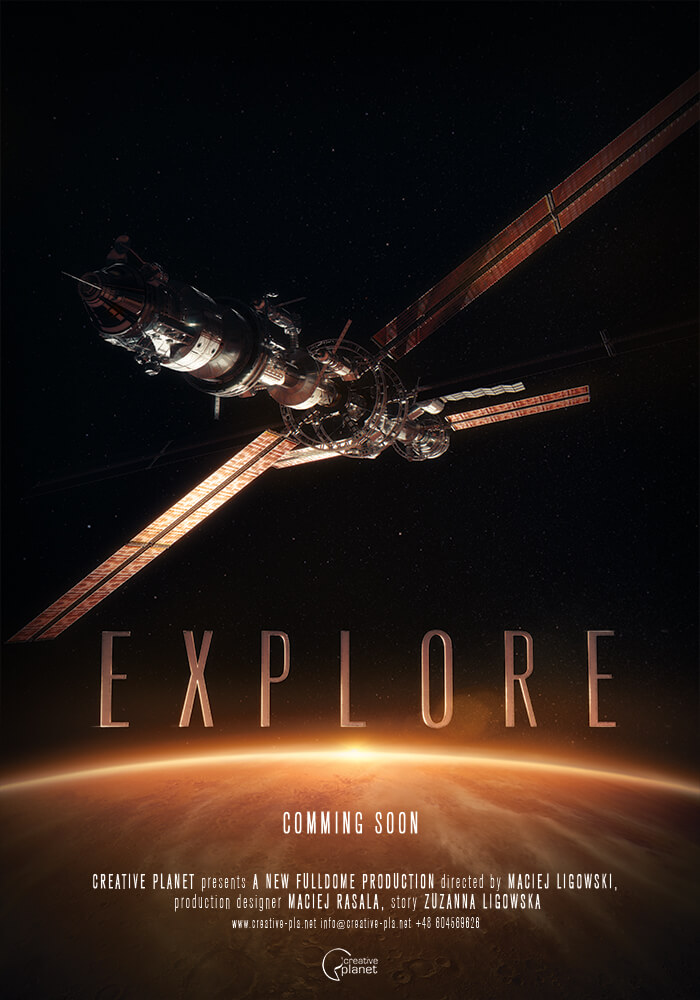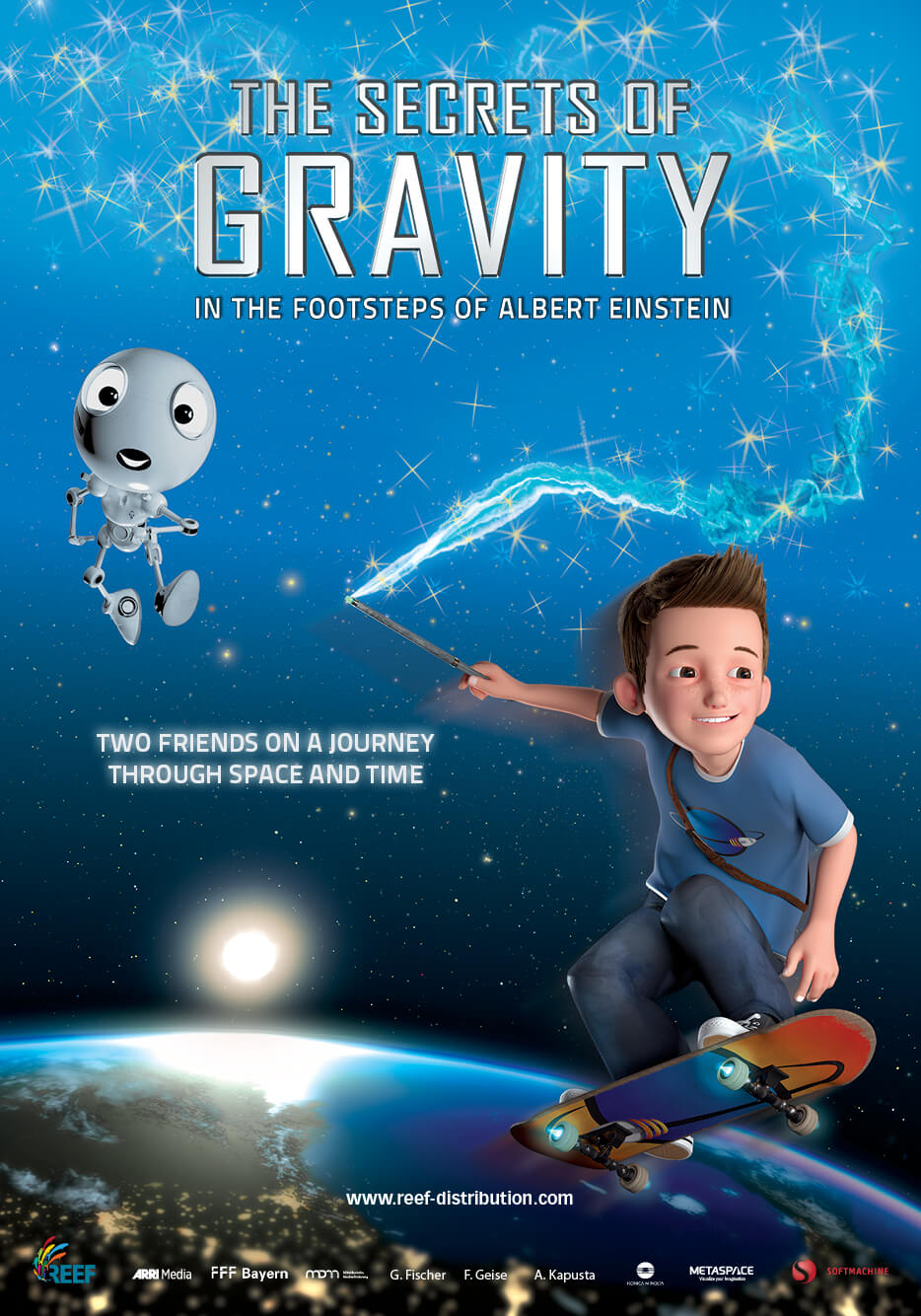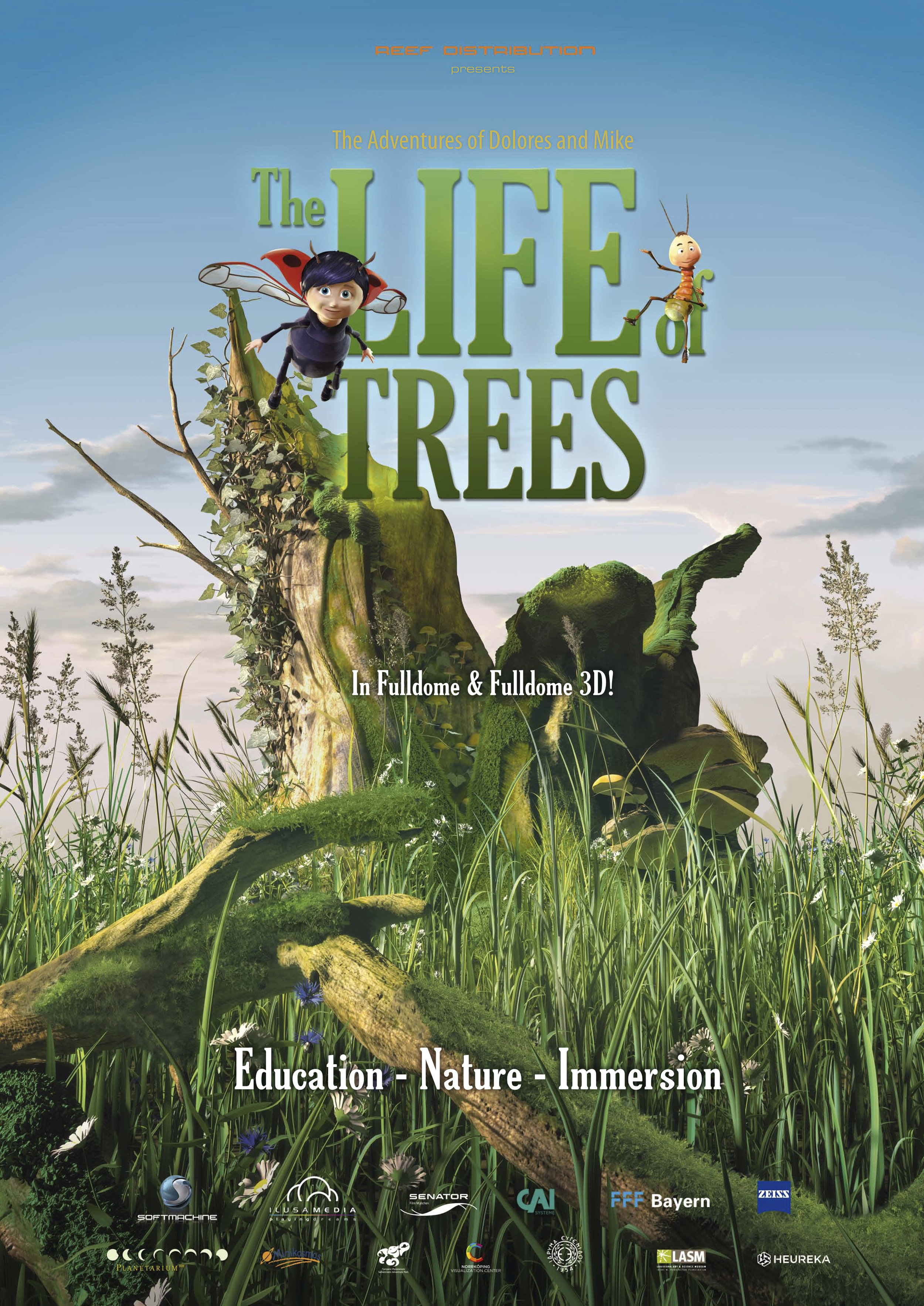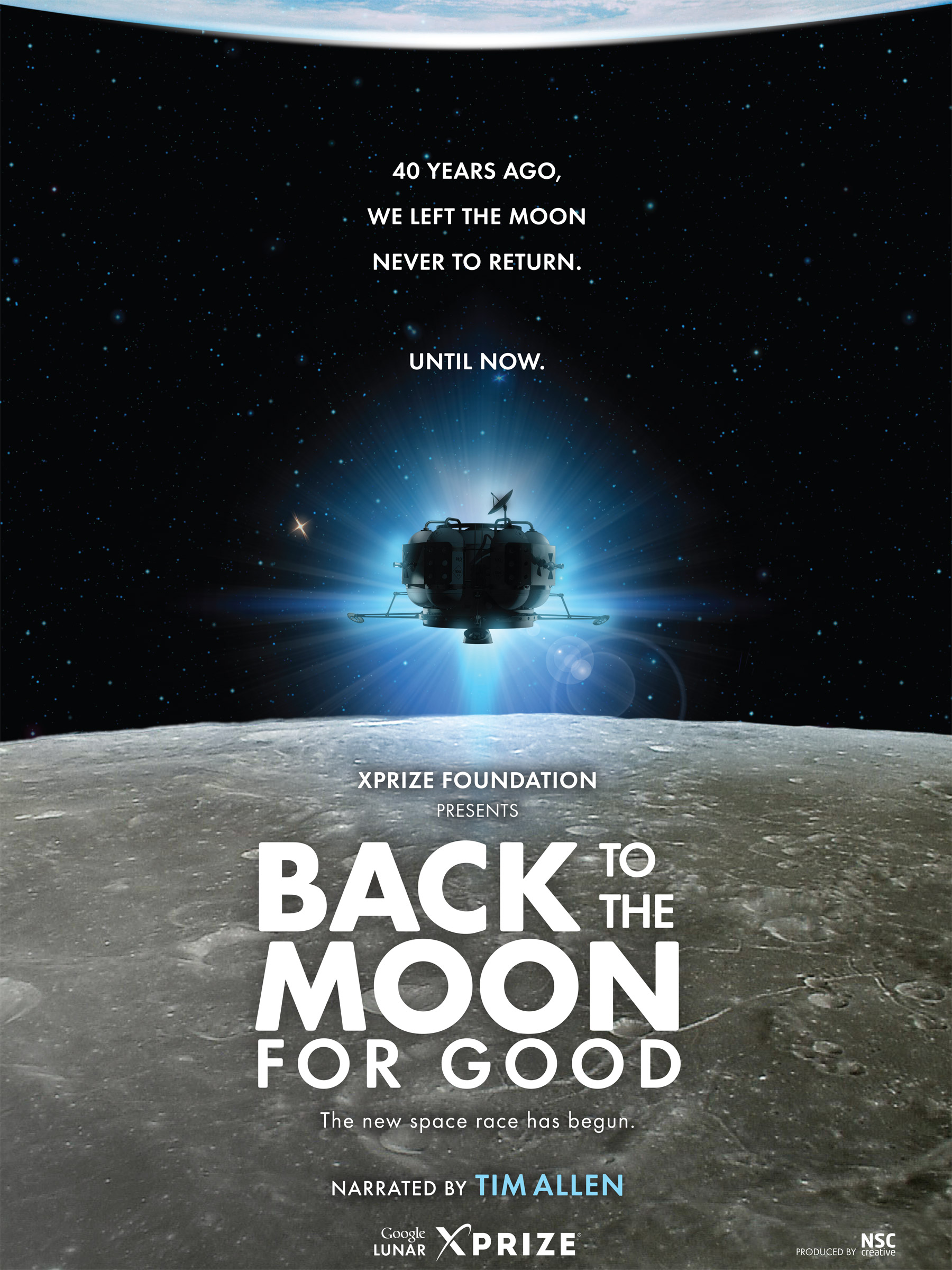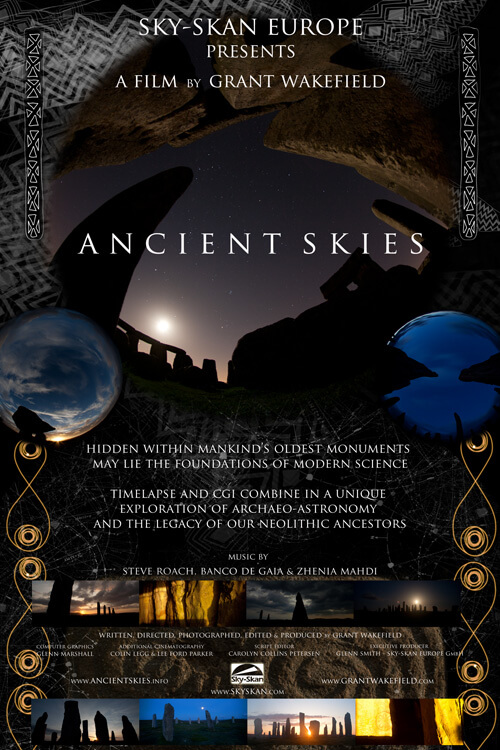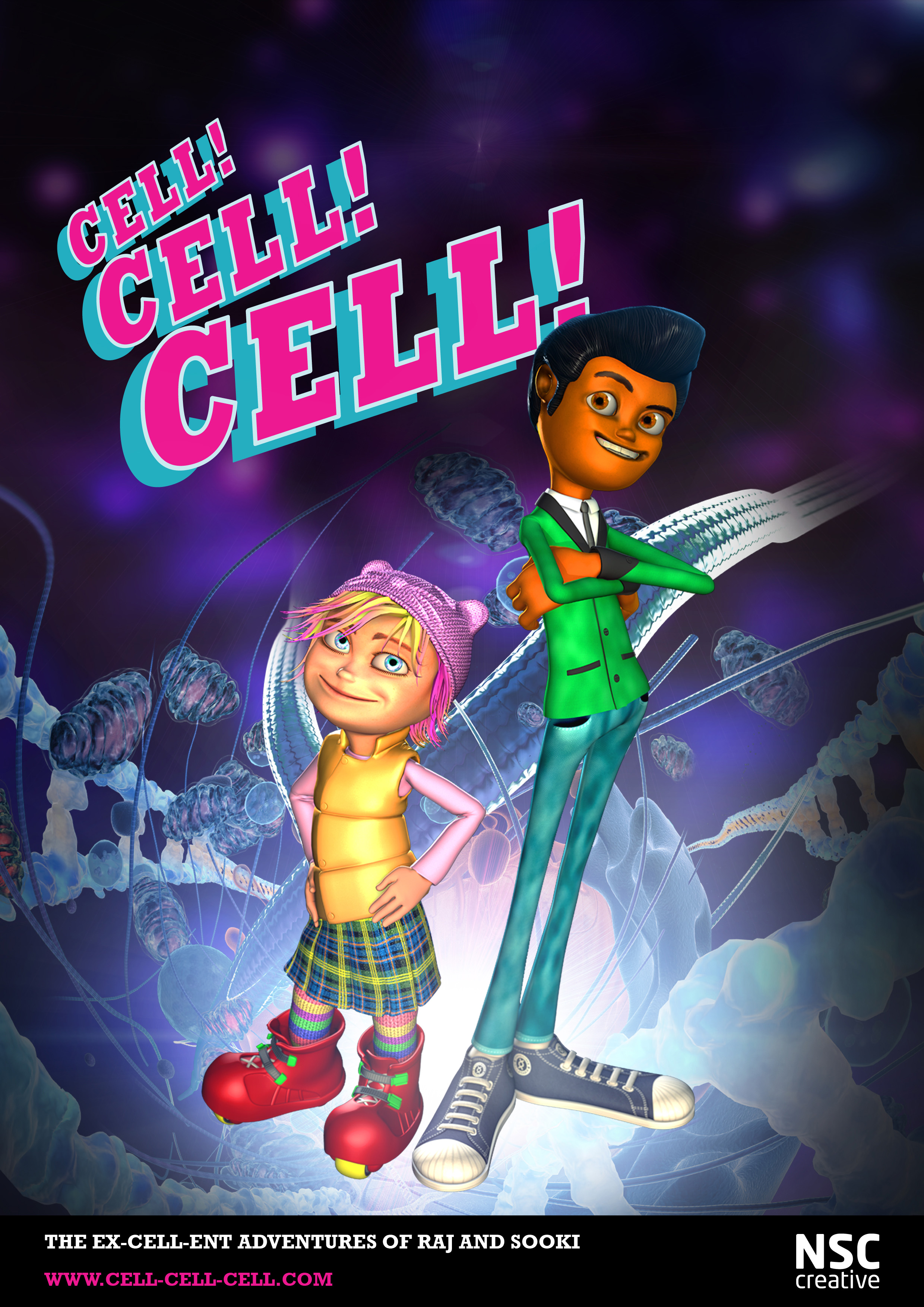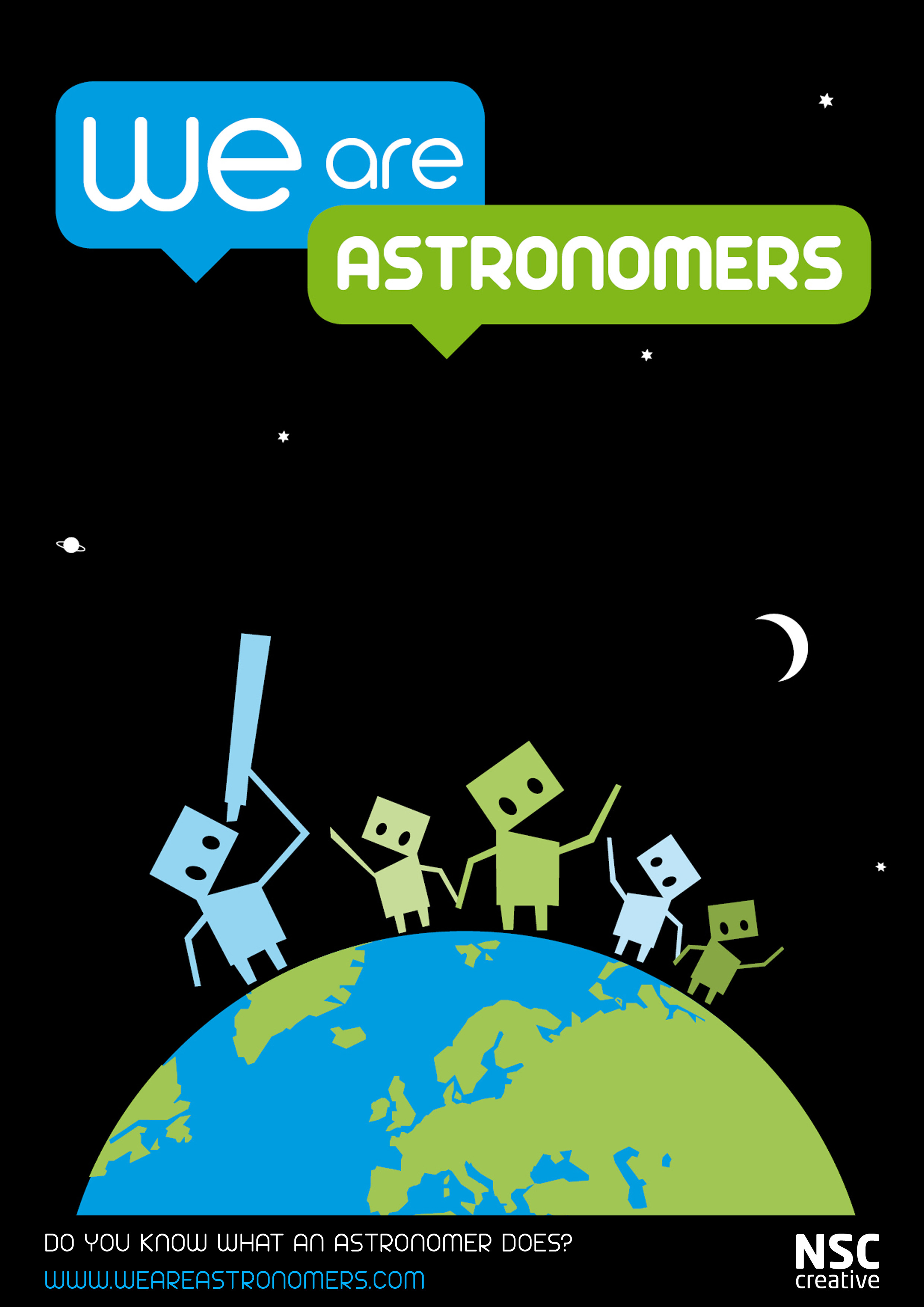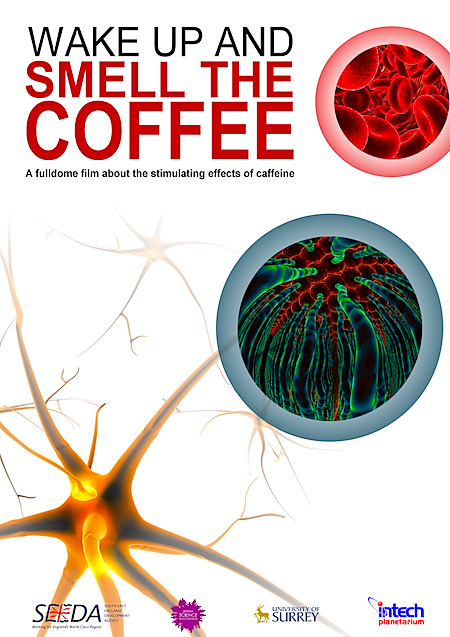ENGLISH TRANSLATIONS FOR FULLDOME FILM
“Unfortunately there are things we just wouldn’t say at all in English which exist in other language. Or simply in English things are said in a completely different manner. And so if you do a translation you are “polluted” by original way of thinking.” — Maciej Ligowski (Creative Planet; Dream to Fly)
Don’t let a poor translation spoil all the hard work that has gone into your production.
Image: this translation is my nightmare! The words all make sense, but this doesn’t work at all in English. I’d suggest a change from “obsessed by my” to “consumed by”, or depending on context maybe “plagued by nightmares”.
THE PROBLEM:
The issue of low-quality English translations has become so urgent that it was raised as a concern at the 2023 IPS Board Meeting. The Brno Fulldome Festival earlier that month had featured many films with translations so bad that they were not appropriate for anglophone (English-speaking) audiences.
Upsettingly, I have often found that affected directors have used native English-speaking translators and consultants who had simply not done a good job - the grammar was correct, but very little else.
There are seven ways in which grammatically correct English translations fail: I explain these in detail at the bottom of this page. These problems can destroy the heart and soul of a film, interfere with comprehension, and even introduce factual errors.
(Note: I don’t want to shame any producers because I think they are victims of this problem, and so I have avoided giving any examples from real fulldome films.)
THE SOLUTION:
The good news is that it’s not difficult to avoid this fate: you just need someone with a very particular set of skills. I have helped multiple directors to recreate their original vision in their English translations. And I have even helped native Anglophone producers polish up their scripts.
Skillset:
Scientist: broad scientific knowledge, with an appreciation of scientific uncertainty, a care for accuracy, and the ability to rapidly fact-check content.
Educator: experienced planetarium educator, with an understanding of audiences, educational psychology, and effective strategies for learning.
Fulldome production: an understanding of the process and of the unique features of fulldome (e.g. pacing and visual processing time). The ability to interpret fisheye views and predict audience response.
Writer: able to write appropriately for different target audiences, using engaging prose suited to international anglophone audiences. An understanding of the differences between written, narrated, and spoken language.
Collaborator: respectful of the director’s original vision, with clear communication throughout the process.
SERVICES OFFERED:
FREE Health Check of translated scripts to assess quality and advise what, if any, further work might be required.
Final Script Polish: thorough script checking; suggested improvements that fit with fixed visual timings.
Script Development: identification and resolution of script issues before visual timings are fixed. If your main film version wiill be in the English language, make sure your script is optimised to this language, with visual timings adjusted if necessary to allow clear communication.
General Film Consultancy: support throughout production or at any required stage:
Pre-production - consideration of competing productions and the current market for fulldome films. Choice and clarification of target audience, realistic educational aims, choice of narrator voice, and desired emotional style.
Storyboard consultation - feedback on early plans, highlighting opportunities and potential challenges, with ideas for how to improve the storyboard.
Discussion of scripts during development - suggestions to strengthen the story, clarify the educational message, ensure cultural sensitvity, and avoid potential misunderstandings. Fact checking. Feedback about planned visuals, considering best use of fulldome, audience comfort, and effective support of the educational message.
A critical friend and cheerleader - many producers have enjoyed working with me just to have someone to discuss the film with, to be able to talk through ideas with someone who understands and cares about the story and intention, and to reassure them when they get caught up in details.
Fulldome Film Script Writing: a structured process with agreement of aims and objectives, style, and with confirmation of timed script storyboard before progression to full text. Including information as required to guide visual team. Continued development of the script during visual production is vital to ensure harmony of sound and visuals - changes will be necessary in response to the content, timing and pacing of the visuals.
Voice Artist Recruitment and Direction: let me find the right voice for your film. High quality recording in the UK, with voice direction for intonation and emphasis to ensure your message is clearly communicated, with appropriate emotional tone.
My latest project: reworking the script for Benjamin Cabut’s 2024 film Voyage of the Stars (Axilone Holdings)
IPS Toulouse, 2018: Best Educational Production award for Explore (Creative Planet)
What Next:
Get in touch if you are interesting in finding out more about how I can help ensure your English voice tracks match the quality of your music, visuals and story.
Fulldome Films credits as Script Writer, Script / Storyboard Consultant, Translation Consultant, Project Manager or other roles. Full details on my main Fulldome Film page.
“NSC Creative has had the pleasure of working with Jenny on a number of projects, most recently for We are Stars. Jenny wrote the initial draft of the evolution section and re-worked much of the script. She commented on the storyboard and suggested some changes to the visuals which were carried through to the final show. She was committed, helpful and responsive, and the film was significantly improved by her contribution. We consider her an honorary member of the NSC Creative team and hope to work with her again in future.”
— Paul Mowbray (NSC Creative), 2015
SEVEN WAYS IN WHICH DIRECT TRANSLATIONS GO WRONG
An accurate direct translation can suffer from a number of different problems:
1. INAPPROPRIATE VOCABULARY
Many languages contain common words that lack a similarly common English translation. For example, translations from Japanese often include words like “thus” and “therefore”. The translation is not incorrect, but these words are not in common usage outside academic texts. Vocabulary needs to be at the right level for the audience to allow them to focus on the story and the science without having to decode ‘difficult’ words. Here is a list of audience-inappropriate vocabularly that I have collected from film screenings.
2. AWKWARD CONSTRUCTIONS
In language, structure is key to comprehension, and familiar structures are easier to interpret. However, some languages are structured very differently from English. Some translators preserve the original structures - their work is grammatically correct, but the word order is clearly unusual (it sounds translated) and for this reason it is more difficult to interpret.
3. COMMUNICATION BREAKDOWN
To effectively communicate difficult concepts, the language structure and vocabulary need to support this aim. Complex ideas must be broken down in a way that matches the ability of the words to convey meaning, and people’s attention must be directed to emphasise the importance of particular words, or meaning. Direct translations lose this power, and at worst can change meanings so that a statement is factually incorrect or misleading.
4. LOST EMOTION AND SOUL
A well-written piece of prose can never be directly translated and retain its feeling. Imagine trying to translate a poem literally, line by line - it just doesn’t work. You can’t directly translate rhythm or alliteration. Words need to be carefully chosen to avoid potentially confusing homophones, and metaphors may not translate at all. Storytelling is an art, and direct translation destroys the heart of any piece.
5. CULTURAL CONFUSION
Some translations can come across badly due to cultural differences. Something intended as a gentle joke might become offensive; it’s a tragedy when an otherwise great film is made unscreenable by a single throwaway line. Cultural references may be lost entirely. But also the tone may not translate: where the original language is more context-rich (e.g. Japanese) or direct (e.g. Hebrew) than English, the script may become excessively poetic, or appear bad-tempered. The intention needs to be translated, rather than the individual words.
7. MISPLACED EMPHASIS DURING RECORDING
I have already said how important language structures are to comprehension. The narrator affects these structures by deciding which words to emphasise. Do they know what the intention of the sentence is? Do they know which words the listener should be paying special attention to? (Is it a “supermassive black hole”, or a “supermassive black hole”?) At worst, mis-emphasis can even change the meaning: I have seen a film where the line “so many galaxies” is delivered with an intonation communicating the meaning of “so many [of these] galaxies … “, where it later becomes apparent the intention had been to communcicate “[wow there are] so many galaxies …”.
8. the wrong voice
You need a voice actor that communicates the right tone. There were a few shows at Brno with a mismatch between the script and narrator. For example, one script was written as a serious documentary but narrated by a voice actor better suited to pre-school cartoon characters. It was very strange! In addition to personality, be alert to the affect of accents on how the film is interpreted. A non-native speaker can work extremely well if they are presented as a real person who is telling the story, and if their accent and intonation do not interfere with comprehension (e.g. Dream to Fly, ). But sometimes unexplained accents can be distracting or confusing. Also be aware: if a voice actor lives in a non-Anglophone country, it is not uncommon for them to have picked up a slight local accent. If you want your narrator to sound like a native speaker, you are safest recording in an Anglophone country.
Image: a wonderfully eccentric mix of word choices by the translator - the working-class street slang “dog-end” is used alongside the beautifully poetic “wooded land”.

